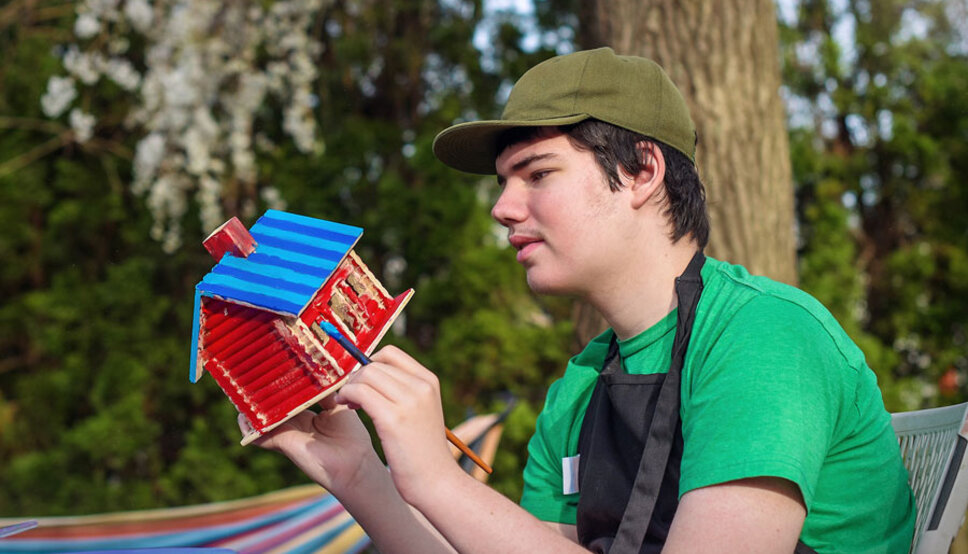Autism Spectrum Disorders (ASDs)
Autism Spectrum Disorders (ASDs) are neurodevelopmental disorders, which means that they affect how the brain works. Although every child will go through development stages at their own pace, a child who has significant delays or challenges in social communication, has repetitive behaviors, or restricted interests may have ASD.

Treatment
ASDs can be treated by a developmental behavioral pediatrician, a neurologist, a child and adolescent psychiatrist, an advanced practice registered nurse, a psychotherapist, a speech- language pathologist, an occupational therapist, and/or other professionals who specialize in early intervention. If the ASD is affecting the child’s ability to learn, adjustments may need to be made in their education program.
Find more information on mental health specialists
Treatments for ASDs work to different degrees for different children. Treatment must be tailored to the needs and strengths of your child. Factors to consider when choosing treatments include: your child’s age, level of skills, type of learner (for example, whether they learn better by seeing or hearing things), behaviors, and previous treatments.
Many treatments have been developed to address a range of social, language, sensory, and behavioral challenges that children with ASDs may have. These treatments include parent management training and medications for particular behaviors.
Find treatment for your child at these centers and programs.




